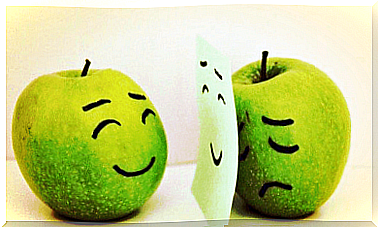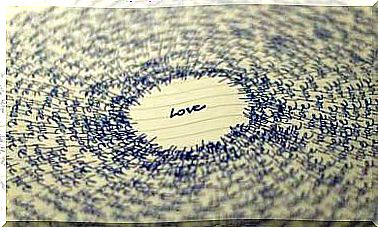Busy? No Thanks

Gratitude is a human response to the possibility of admitting that good things happen in our lives that do not necessarily depend on us. By recognizing that everything that surrounds us can also contribute to our well-being, an attitude of acceptance and reciprocity occurs towards this external force that has benefited us. They can be other people, the world, nature (or a higher power, if you think so) and to them we feel gratitude.
Presented in this way, this is a very natural and consistent response on the part of people. However, in real life, we are too busy or overwhelmed by problems to realize the benefits we receive on a daily basis.
Gratitude, like most human responses, improves with practice and qualifies us for more harmonious relationships with our environment. But according to some research in the field of psychology, gratitude also has the quality of healing our mind and bringing us closer to happiness.
Researchers from the University of California and the University of Miami conducted an experiment with three groups of patients:
- The first was commissioned to write weekly his reasons for being grateful.
- The second wrote about events that caused them anger or resentment
- To the third, write their experiences without putting any label on them
After 10 weeks, the “grateful” group reported optimistic thoughts and, surprisingly, an increase in the time they spent exercising, as well as an improvement in their overall health. While the researchers cannot deduce direct cause-effect relationships in this experiment, those who expressed gratitude showed a trend toward physical and emotional improvement. This has been observed both in this and in other studies that have been carried out on the same subject.
Here are 5 practices to increase your capacity for gratitude, reduce stress and learn to value what you have:
1. Write thank you notes. At least once a month, write a note for someone who has done something nice for you. Thank someone special for the impact their presence has had on your life. Send the note or deliver it and read it in person. You will have made the day better for that person and for yourself.

2. If you do not have enough time, or you do not dare, or you are simply not good at writing, take some time to think about someone who has performed an act on your behalf and thank them internally. You can do this at least once a week, but if it is daily, even better.
3. Keep a “gratitude journal.” In a special notebook, write down something every day that gave you a good experience and to whom you owe it. Over time you will be surprised to find that it is not just one, but many things to be thankful for each day.
4. Each week, at a set time and day, write about the good things that happened recently. You don’t need to attribute them to anyone or anything, they are just your blessings or lucky breaks, whatever you want to call them.
It is very important to reflect them in writing, because we tend to pass by and think that nothing good has happened to us lately.
5. Practice relaxation. A good exercise is to take a few minutes just for yourself and relax, relax and focus your concentration on the good things we have or the events that make us grateful. This practice, while simple, can be a great source of joy and motivation.

Finally, we want to clarify that being grateful is not necessarily related to a religious belief. One can simply be grateful for life and the simple things that one can enjoy. It is a feeling of gratitude that may not even be directed towards anyone or anything specific.
In conclusion, cultivating the feeling of gratitude is a direct path to psychological and emotional well-being and, therefore, to the happiness that we all seek.









